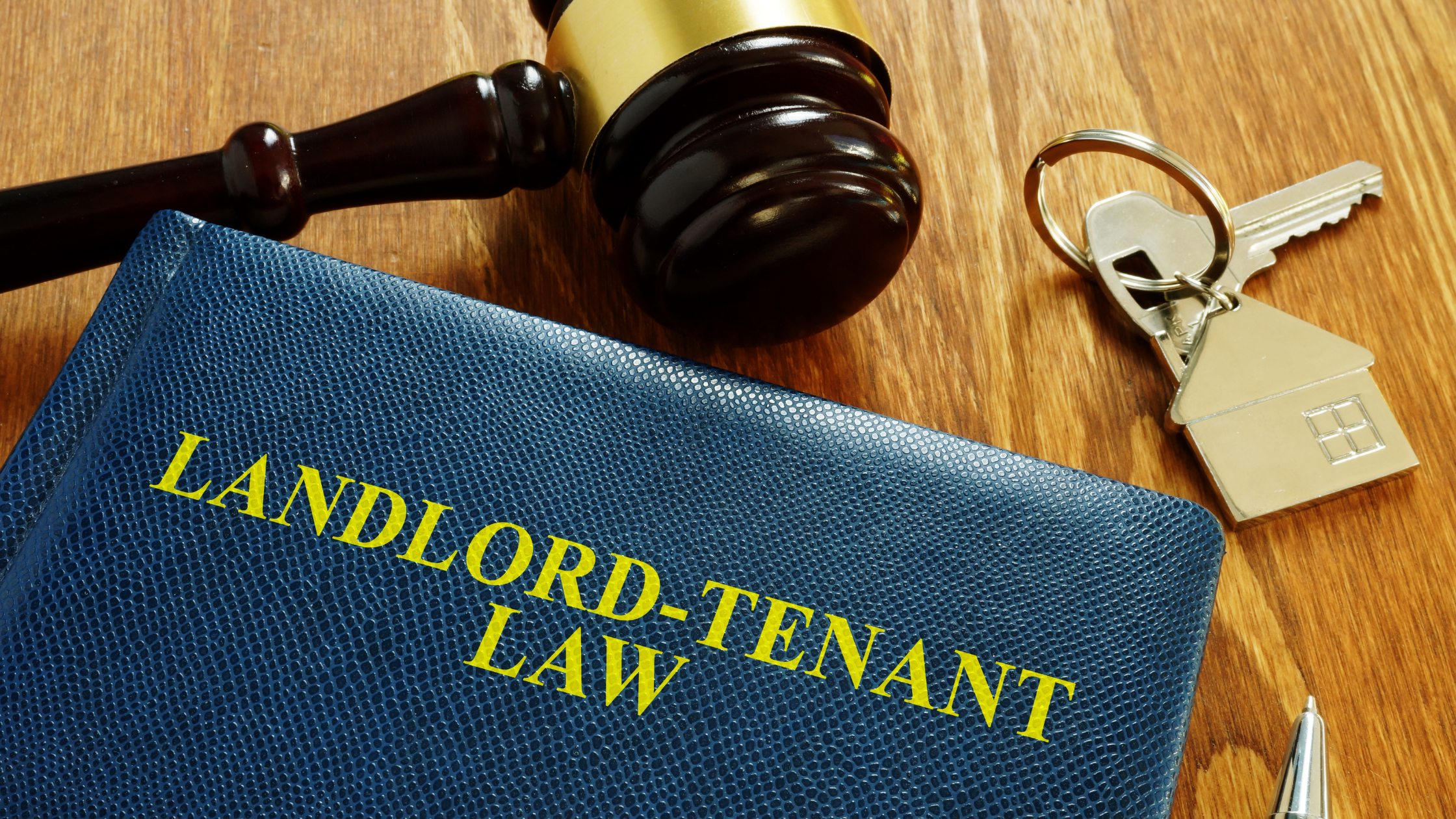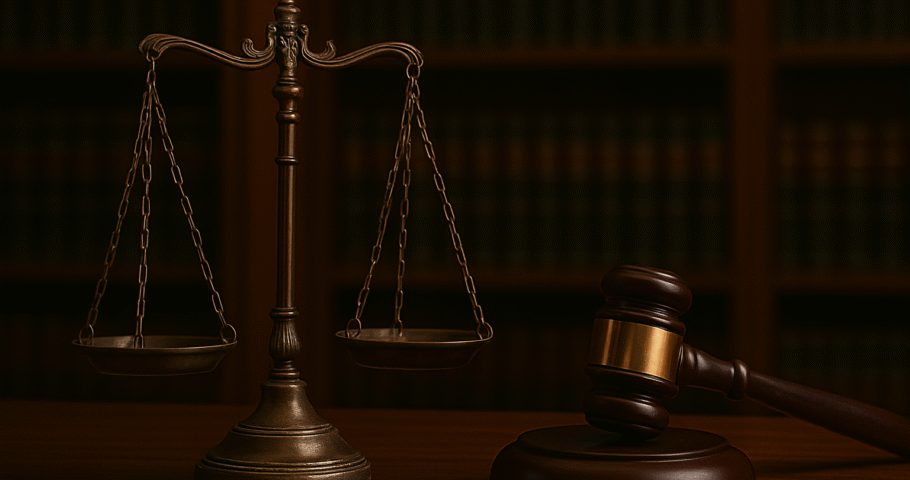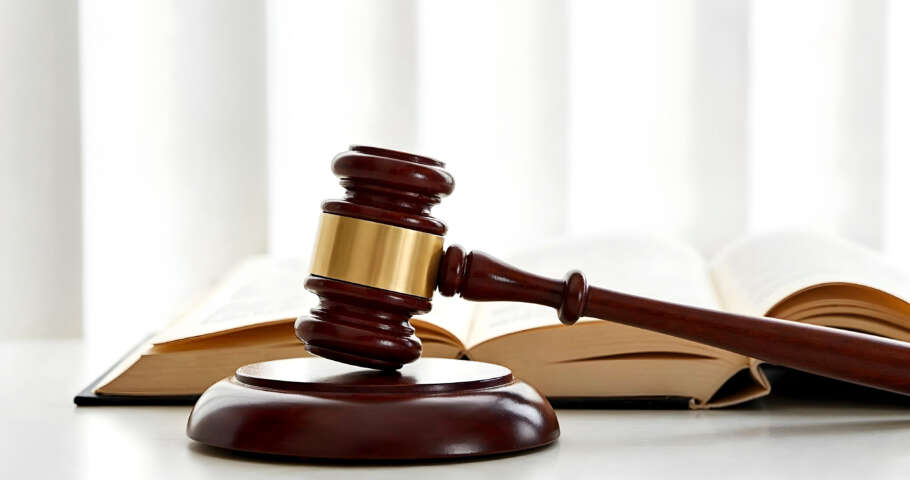Navigating landlord-tenant relationships in Florida can be complex, particularly for commercial businesses. Whether you’re a landlord leasing office space or a tenant operating a retail store, understanding the legal landscape is crucial for preventing and resolving disputes. Here’s a comprehensive guide to help you navigate these challenges effectively.
Understanding the Lease Agreement
The foundation of any landlord-tenant relationship is the lease agreement. This document outlines the terms and conditions of the rental arrangement and serves as the primary reference point in disputes. Key elements to focus on include:
- Rent and Payment Terms: Clearly define rent amounts, due dates, late fees, and any provisions for rent increases.
- Maintenance and Repairs: Specify who is responsible for maintaining the property and handling repairs. This can prevent disputes over property conditions and repair costs.
- Use of Premises: Outline the permissible uses of the property to avoid conflicts over activities conducted on the premises.
- Lease Term and Renewal: Detail the duration of the lease, renewal terms, and conditions for termination by either party.
Common Disputes and How to Handle Them
1. Non-Payment of Rent
Non-payment of rent is one of the most common disputes. Landlords should provide clear, written notices to tenants who fail to pay rent. If the issue persists, landlords can file for eviction. Tenants, on the other hand, should communicate any financial difficulties promptly and seek possible solutions, such as payment plans.
2. Property Maintenance and Repairs
Disputes often arise over who is responsible for maintaining the property and handling repairs. Reviewing the lease agreement is essential. In general, landlords are responsible for major structural repairs, while tenants handle minor repairs and upkeep. Clear communication and timely responses can prevent many of these issues.
3. Lease Violations
Lease violations can include unauthorized alterations to the property, subletting without permission, or engaging in prohibited activities. Landlords should document violations and communicate with tenants to resolve the issues. Tenants should seek written approval for any changes or activities outside the scope of the lease.
4. Renewal and Termination Disputes
Conflicts may arise during lease renewal or termination. Both parties should review the lease terms and any renewal clauses. If disputes occur, negotiation and mediation can be effective in reaching a mutually agreeable solution.
Legal Remedies and Resources
When disputes cannot be resolved through communication and negotiation, legal remedies may be necessary. Here are some steps and resources available:
1. Mediation and Arbitration
Mediation and arbitration can be effective alternatives to litigation. These methods involve a neutral third party who helps facilitate a resolution. Many commercial leases include clauses requiring mediation or arbitration before pursuing legal action.
2. Filing a Lawsuit
If mediation or arbitration fails, landlords and tenants can file a lawsuit. This process involves presenting the case in court, where a judge will make a binding decision. It’s essential to consult with an attorney experienced in commercial landlord-tenant law to navigate this process.
3. Legal Assistance and Resources
As South Florida Business Law Group, we are a legal firm that specializes in helping businesses navigate various legal disputes. We have extensive experience and skill in handling business disputes of all sizes and across different fields, including internal corporate governance disputes, contractual relationships, and the recovery and protection of trade secrets and proprietary information. Our team is well-equipped to help clients secure just and effective solutions.
Preventive Measures
Preventing disputes is always preferable to resolving them. Here are some preventive measures to consider:
- Clear Communication: Maintain open and regular communication between landlords and tenants.
- Detailed Lease Agreements: Ensure the lease agreement is comprehensive and clear, covering all potential areas of dispute.
- Regular Inspections: Conduct regular property inspections to address maintenance issues promptly.
- Legal Review: Have an attorney review the lease agreement before signing to ensure all terms are fair and legally binding.
Conclusion
Landlord-tenant disputes for commercial businesses in Florida can be challenging, but understanding the legal landscape and taking proactive measures can help prevent and resolve conflicts. By focusing on clear communication, detailed lease agreements, and knowing the available legal remedies, both landlords and tenants can navigate their relationships more effectively and avoid costly disputes.



